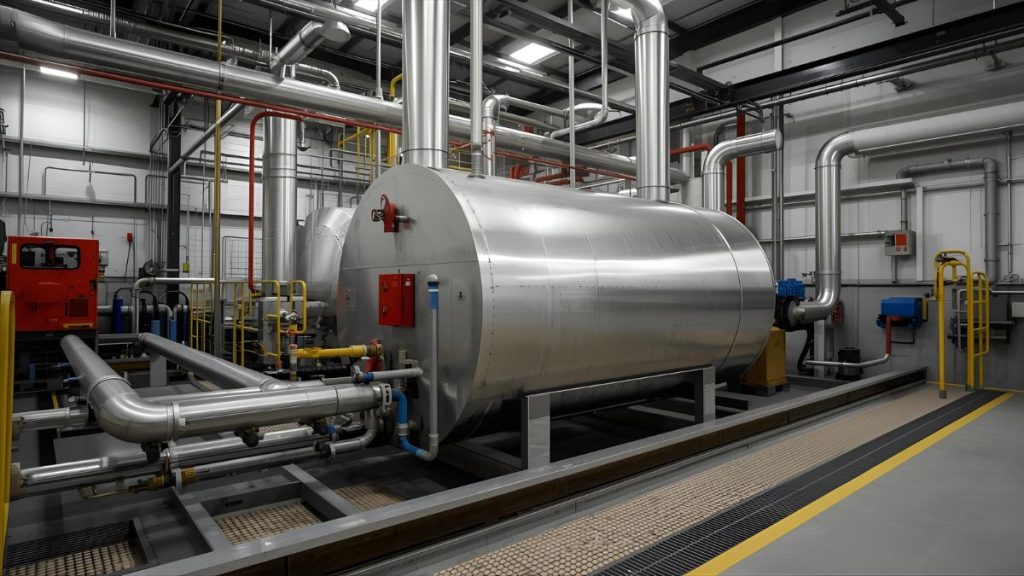In modern industrial operations, condensate treatment is one of the most critical processes to ensure the efficiency, reliability, and sustainability of boiler and steam systems. Condensate, which is essentially the condensed steam returning from production lines or heating processes, carries valuable thermal energy that can be reused.
However, without proper treatment, condensate can bring harmful impurities back into the system, leading to scaling, corrosion, and reduced operational performance. This makes condensate treatment not only an operational requirement but also a strategic investment for industries aiming for long-term reliability and cost efficiency.
Purpose of Condensate Treatment
The purpose of condensate treatment goes far beyond just purifying water; it is directly linked to protecting assets, maintaining efficiency, and supporting sustainability goals.
1. Protecting Boiler and Piping Systems
Untreated condensate often contains dissolved gases such as oxygen and carbon dioxide. These gases can cause severe corrosion in boilers, turbines, and piping systems, leading to leaks, unplanned downtime, and costly repairs. Condensate Treatment prevents such damage by removing these corrosive elements.
Read Also: Understanding Common Boiler Feed Water Problem and How to Prevent Them
2. Maintaining Energy Efficiency
Condensate is already hot, and reusing it saves substantial energy compared to heating fresh makeup water from ambient temperature. However, if the condensate is contaminated, it cannot be reused directly. By treating condensate, industries can recycle this energy-rich water safely, significantly lowering fuel costs.
3. Reducing Operational Costs
High-quality condensate reduces the need for fresh water and additional chemical treatment in boilers. This translates to lower operational expenses, reduced chemical usage, and extended equipment life.
4. Ensuring Product Quality
In industries such as food & beverage, pharmaceuticals, and electronics, water purity directly impacts product quality. Contaminated condensate can introduce impurities that compromise manufacturing processes. Condensate treatment safeguards process integrity.
5. Supporting Sustainability and Environmental Goals
Recycling treated condensate minimizes water withdrawal from natural sources and reduces wastewater discharge. This supports sustainability goals, regulatory compliance, and corporate environmental responsibility.
Methods of Condensate Treatment
Condensate Treatment involves multiple methods and technologies, often applied in combination, to ensure that the returning condensate is free of impurities and safe to reuse.
1. Mechanical Filtration
Mechanical filtration is the first barrier to remove suspended solids such as rust particles, scale, and debris. Filters and strainers are commonly used to capture these impurities before the condensate is returned to the boiler system. This step prevents deposition and fouling in sensitive equipment.
2. Degasification (Removal of Dissolved Gases)
Oxygen and carbon dioxide are the primary culprits of corrosion in condensate systems. Degasification methods such as:
- Deaerators: These systems heat the condensate and strip out dissolved gases, primarily oxygen, before the water enters the boiler.
- Vacuum Degasifiers: Used when pressure deaeration is not feasible, vacuum systems effectively remove gases under reduced pressure.
3. Chemical Treatment
Chemicals play a vital role in ensuring long-term protection of the condensate system:
- Oxygen Scavengers: Chemicals such as hydrazine, sulfite, or modern organic alternatives remove residual oxygen.
- Neutralizing Amines: These are dosed into condensate lines to neutralize carbonic acid formed by dissolved CO2, thereby preventing corrosion.
- Filming Amines: These form a protective barrier on metal surfaces to reduce direct contact with corrosive elements.
Read Also: Oxygen Scavengers: Functions, Types, and Applications in Water Treatment
4. Polishing with Ion Exchange or Mixed Bed Systems
In high-purity applications such as power generation or semiconductor manufacturing, ion exchange systems or condensate polishers are employed. These systems remove dissolved solids (e.g., silica, sodium) that mechanical or chemical treatments cannot fully eliminate. Condensate polishing ensures ultra-pure water suitable for high-pressure boilers and sensitive processes.
5. Activated Carbon Filtration
Activated carbon is often used when condensate may contain organic impurities, oils, or traces of treatment chemicals. It adsorbs organic contaminants, ensuring the condensate remains clean and suitable for reuse in production processes.
6. Monitoring and Automation
Modern condensate treatment systems are integrated with monitoring and control technologies. Real-time sensors track parameters such as pH, conductivity, and dissolved oxygen, allowing operators to adjust treatment strategies instantly. Automated dosing systems for chemicals further ensure accuracy and consistency, reducing human error.
Why Partner with Lautan Air Indonesia?
With over four decades of experience, Lautan Air Indonesia is a trusted leader in providing comprehensive water treatment solutions, including specialized condensate treatment systems. Our expertise spans across industries such as power generation, manufacturing, food & beverage, pharmaceuticals, and petrochemicals.
Our Solutions for Condensate Treatment:
- Customized System Design: Tailored condensate treatment systems that align with the unique needs of each client.
- Comprehensive Chemical Solutions: A wide range of oxygen scavengers, neutralizing amines, and protective treatment chemicals.
- Advanced Equipment: From mechanical filters and deaerators to condensate polishers and monitoring systems.
- Operation & Maintenance Services: Skilled teams to manage daily operations, preventive maintenance, and troubleshooting.
- Laboratory Testing and Monitoring: State-of-the-art laboratories to analyze condensate quality and recommend precise treatment strategies.
- Automation and IoT Integration: Smart solutions for monitoring and optimizing condensate treatment in real time.
By choosing Lautan Air Indonesia, you gain more than just a supplier; you gain a partner committed to safeguarding your operations, lowering your costs, and supporting your sustainability journey.
Conclusion
Condensate treatment is a cornerstone of efficient, reliable, and sustainable industrial water management. By protecting systems from corrosion, conserving energy, reducing costs, and ensuring process quality, condensate treatment delivers significant value to industries worldwide. However, achieving optimal results requires not just technology, but also expertise and tailored solutions.
Lautan Air Indonesia is ready to be your partner in implementing world-class condensate treatment solutions. Whether you require advanced systems, reliable chemicals, or ongoing operation and maintenance services, our team is equipped to deliver.
Contact us today to discuss how we can help you safeguard your operations, reduce costs, and achieve sustainability through effective condensate treatment.



